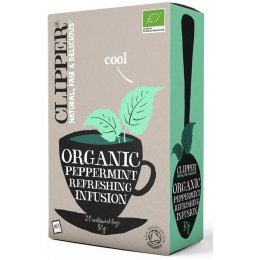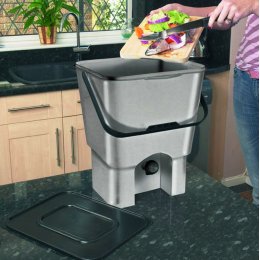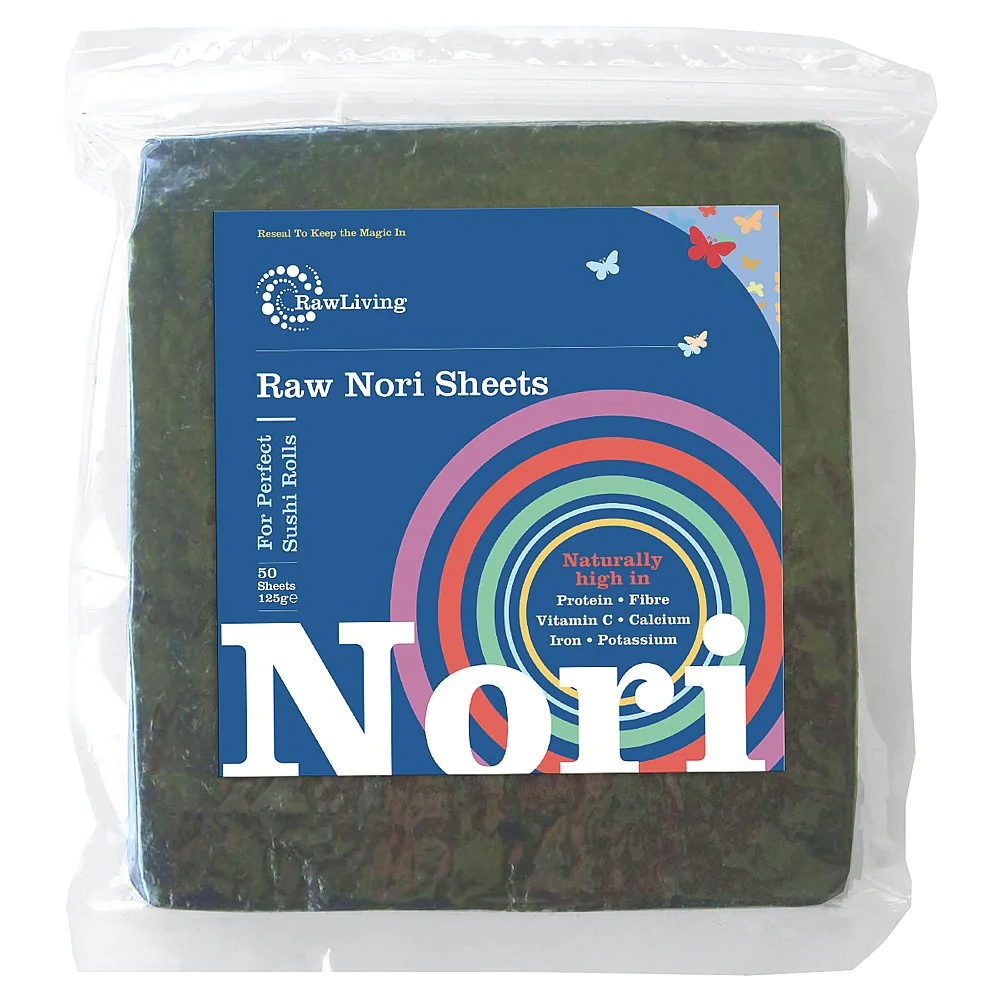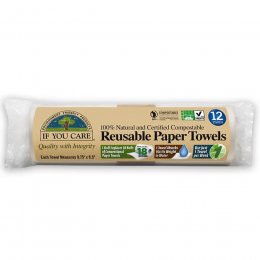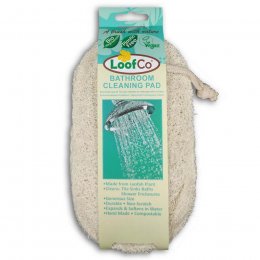Gardening Guide
October 26 2022 - Last updated April 10 2023

Pesticides
Instead of using chemical pesticides, try natural pest control methods like companion planting, handpicking insects, and using natural repellents like garlic or neem oil.
Local plants
Keep in mind that environmental conditions can differ. Sustainable landscape changes not only by state or country, but also by county. Since plants grow based on weather, soil conditions, rainfall, sun and temperature, plants are broken out into categories based on hardness zones. These zones indicate which plants do well in your area/zone. It’s wise to be mindful of the requirements of the flora you plant versus the environment in which you’re planting.
Choose tough guys. Select drought-tolerant, wind-tolerant and low-maintenance plant materials to encourage a healthy ecosystem and provide aesthetic beauty to gardens.
Hardscaping
Use materials that are more natural to the environment. It’s important to organize your design and materials to accommodate a particular environment and temperature, as well as water needs and maintenance requirements.
Use sustainable hardscape materials. These include composite woods, recycled concrete products and turf stabilizers, for driveways and terraces. While the materials can be interchangeable, ideal selections should have longevity and require less maintenance.
Compost
Composting is a great way to recycle kitchen and garden waste and create nutrient-rich soil for your plants. You can compost fruit and vegetable scraps, coffee grounds, eggshells, leaves, and grass clippings.
Organic fertilizers
Use organic fertilizers like compost, bone meal, and fish emulsion instead of chemical fertilizers. Organic fertilizers are made from natural sources and are better for the environment and your plants.
Mulching around your plants can help retain moisture in the soil, suppress weeds, and add nutrients to the soil. You can use organic materials like leaves, straw, or wood chips as mulch.
Vegetable garden
Growing your own vegetables is a great way to reduce your carbon footprint and eat healthy, organic produce. You can also save money and reduce food waste by growing your own food.
Water
Think about water use. For better water retention on a lawn, incorporate industrial materials that can serve as retaining walls or curbs. This could include corten steel, railroad ties and recycled concrete objects.
Collecting rainwater in a barrel can help reduce your water usage and provide a free source of water for your plants. You can use the rainwater to water your garden or plants.
Tech
Consider using tech when possible to minimise resource usage. Irrigation clocks, for example, are getting very technologically savvy. This equals big savings in water use, both in waste and cost.
Consider efficient LED motion and light sensitive yard lighting rather than mains powered. Cheap solar garden lights often fail very quickly and therefore head to landfill (definitely not an eco-friendly solution) so do make sure you buy the best quality longest-lasting lights that you can find.
Related products
Pack of 2 Clipper Organic Peppermint Tea - 20 Bags
£ 5.30
A supremely refreshing tea prepared entirely from pure 100% organically grown peppermint leaves.

Twin Pack Bokashi Compost Bin
£ 27.96
The Bokashi Bin (also known as the Kitchen Composter) is a product which allows you to home compost ALL your kitchen waste including fish, cooked or raw meat and dairy products as well as any other organic material.

Raw Living Raw Nori Sheets 10 sheets
£ 8.99
"Nori is most commonly known for its use in sushi, but it can also be used to make a nutrient dense wrap for almost any food.

If You Care Reusable Paper Towels - 12 Sheets
£ 8.58
Absorbing up to 16 times its own weight in water these Reusable Paper Towels from If You Care are a great addition to any household.

LoofCo Bathroom Cleaning Pad
£ 3.95
With 3 generous layers of loofah stitched together for extra scrubbing power over wide surface areas, this eco friendly pad makes cleaning baths, tiles, sinks and showers quick and easy.

